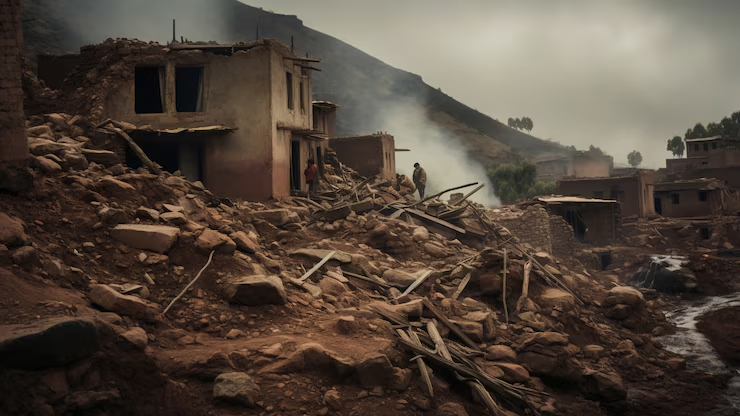Physical Address
304 North Cardinal St.
Dorchester Center, MA 02124
Physical Address
304 North Cardinal St.
Dorchester Center, MA 02124

A tragic attack targeting civilians in the scenic, tourist-frequented region of Pahalgam in South Kashmir has sent shockwaves across the globe. Over the past few days, tensions between India and Pakistan have escalated sharply, with diplomatic ties strained and significant geopolitical decisions made on both sides. Here’s an in-depth look at the attack, its fallout, and how it’s impacting the region and beyond.

On April 22, 2025, suspected militants opened fire in South Kashmir’s picturesque Pahalgam region, a hotbed for tourism during summer. This heinous, targeted attack resulted in the deaths of 26 civilians, including a Dubai-based resident, marking the deadliest such assault on civilians in the last two decades.
While militant activities in the region have somewhat eased over recent years, this attack underscores ongoing unrest and the fragility of peace in South Kashmir. Indian Prime Minister Narendra Modi condemned the act as terrorism and vowed to pursue justice “till the ends of the Earth”. Pakistan has denied any involvement, emphasizing its detachment from the incident.
The tragedy has reignited hostilities between neighbors India and Pakistan, leading to immediate, retaliatory measures by both nations.
Flights between the UAE and India, one of the busiest air corridors globally, are already feeling the impact of Pakistan’s airspace closure. Indian carriers such as Air India, Air India Express, and IndiGo now have to reroute their flights via extended routes over the Arabian Sea, significantly increasing flying time.
Although UAE-based carriers like Emirates and Etihad are not directly affected due to the restrictions being limited to Indian-operated airlines, they remain wary of congestion and scheduling disruptions at Indian airports.
The Pahalgam attack has created a chilling effect on tourism in Kashmir, a region renowned for its stunning landscapes and rich cultural heritage. The sight of tourists rushing to leave the region speaks volumes about its sudden image shift.
The hostility between India and Pakistan revolves largely around Kashmir, a disputed territory with a turbulent past. The conflict dates back to the Partition of 1947 and continues to this day. Notable moments include:

The international community has strongly condemned the terrorist attack, with world leaders standing in solidarity with the victims.
Such global reactions underscore the attack’s gravity and its implications for peace in the region.
Events such as the Pahalgam attack highlight how deeply entrenched issues can escalate into global concerns. While both nations work to secure their sovereignty, continued dialogue and international mediation become essential steps toward de-escalation. Strengthening peace efforts and addressing core grievances in the Kashmir region will be crucial to avoiding further tragedies.
For tourists keen to explore Kashmir’s breathtaking beauty, the road ahead may demand heightened safety protocols. Meanwhile, airlines and governments work on mitigating travel disruptions.